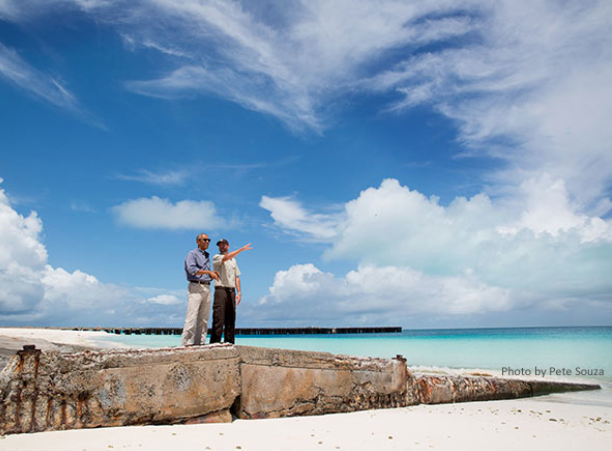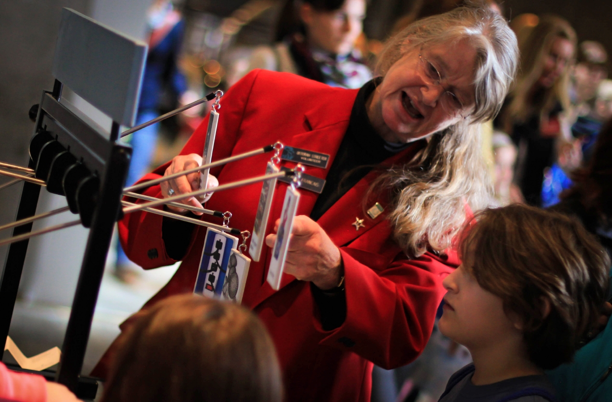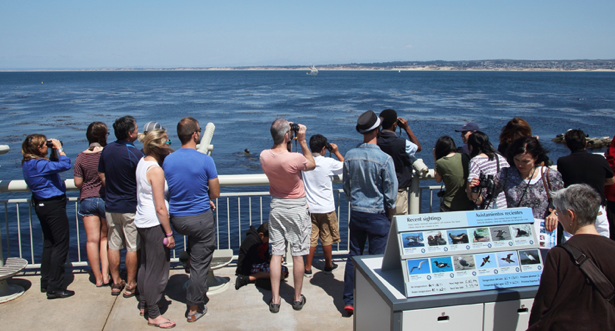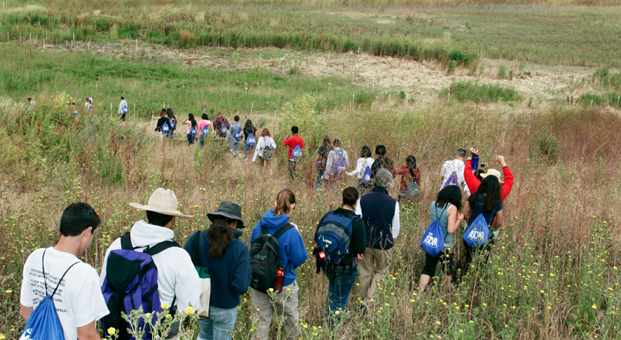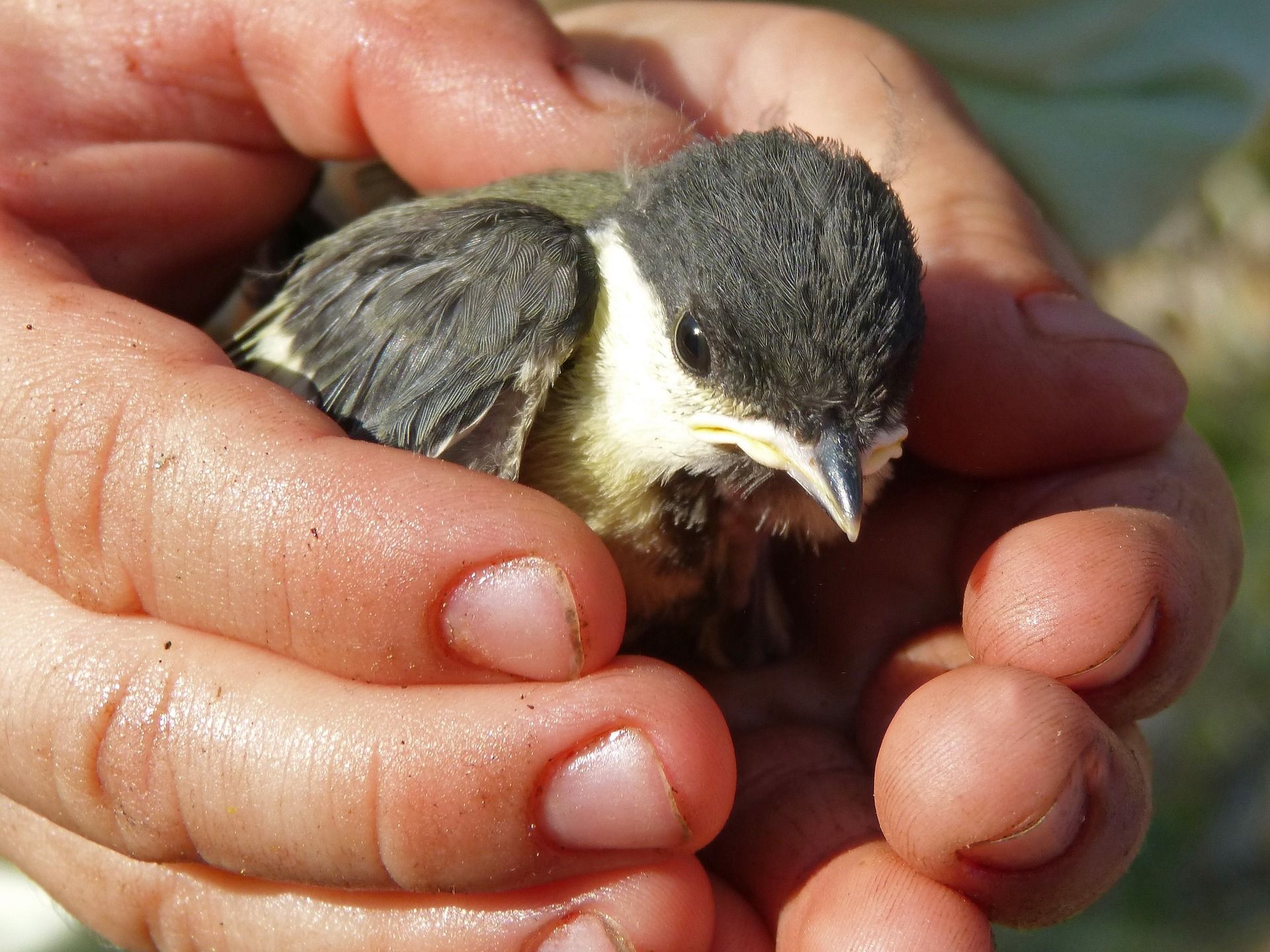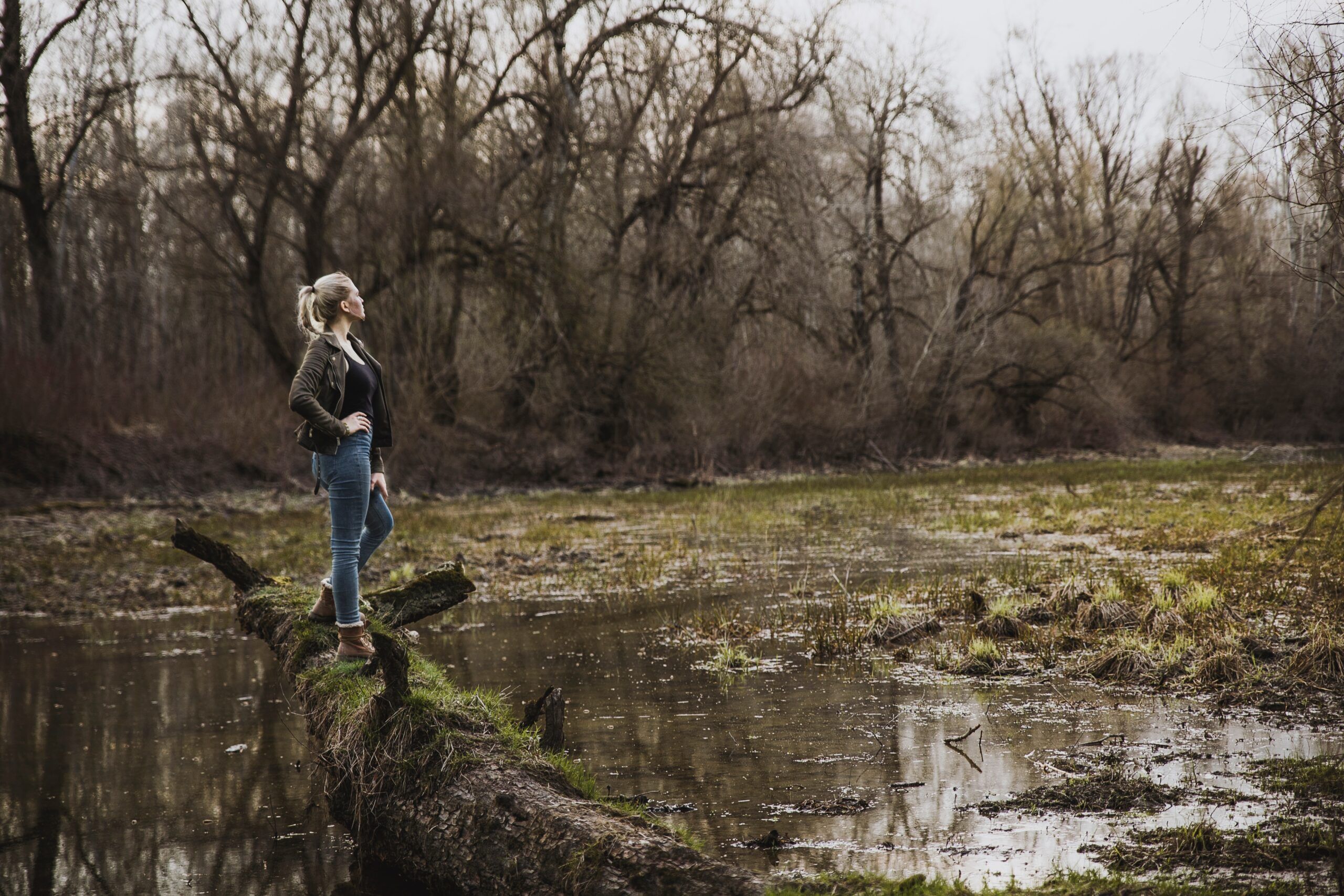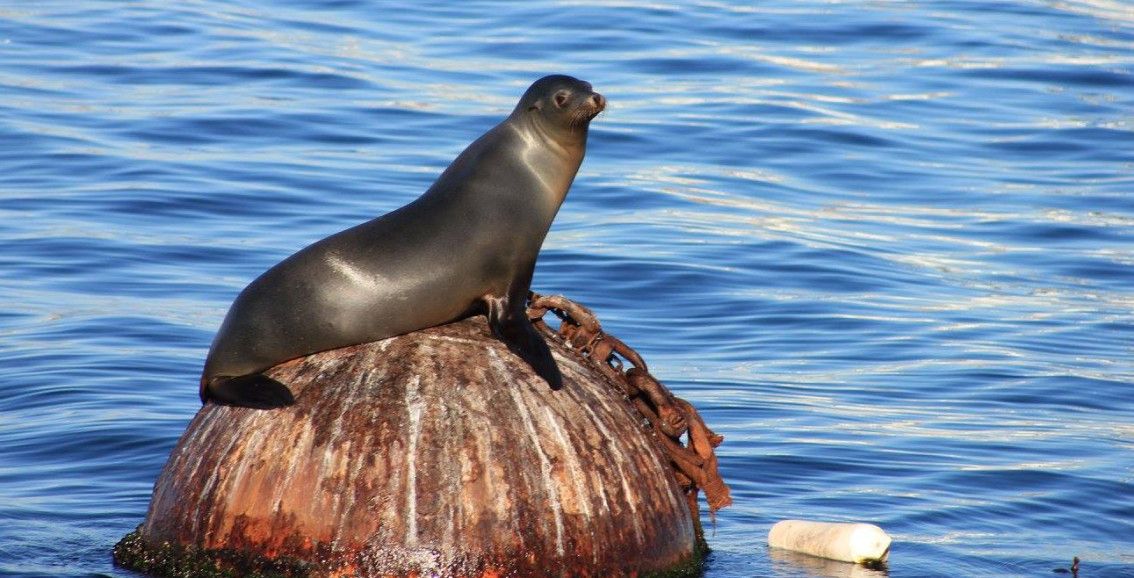To Frame Climate Change, Lead with a Researched Value—Not a “Rogue” One
Climate & Ocean Science, Communications Techniques, Interpretation, Social Science Research
Metaphors Can Counter Misinformation about Climate Change
Climate & Ocean Science, Communications Techniques, Extreme Weather, Interpretation, Ocean Acidification, ocean currents, Social Science Research, Warming
We Need a Sea Change in How We Communicate about Ocean Change. Metaphors Can Help.
Climate & Ocean Science, Communications Techniques, Ocean Acidification, ocean currents
Angling Toward Solutions in Climate Change Education
Climate & Ocean Science, Communications Techniques, education, Productive Public Discourse
Cut through Confusion with Appeals to Protection and Responsibility
Climate & Ocean Science, Interpretation, Social Science Research
Attention Environmental Advocates: Avoid ‘Cute Critters’ and other Communications Traps
Climate & Ocean Science, Communications Techniques, Interpretation, Social Science Research
Communicating in the Swamp: How to Navigate Public Thinking About Climate and Ocean Change
Climate & Ocean Science, Communications Techniques, Interpretation, Social Science Research
Correcting the ‘Non-Debate’ Debate about Framing Climate Change
Communications Techniques, Interpretation, Media Communications, Productive Public Discourse, Social Science Research
California Marine Life Feeling the Heat of Climate Change
Climate & Ocean Science, Impacts On Ecosystems, ocean currents, sea level rise, Social Science Research, Warming

